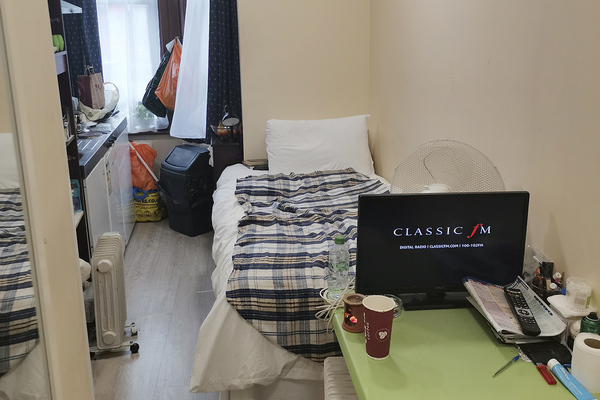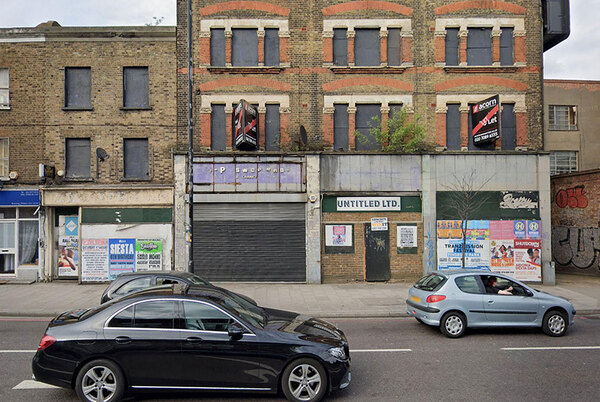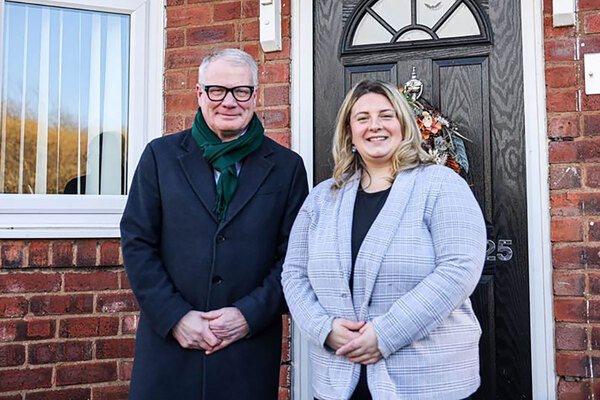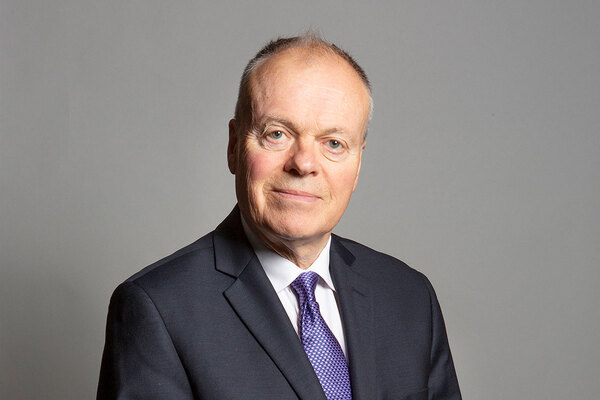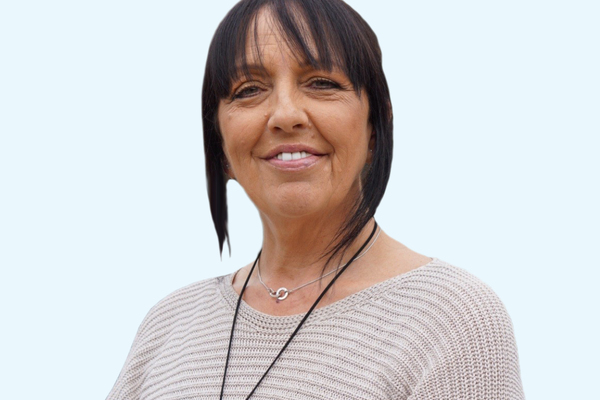You are viewing 1 of your 1 free articles
Scottish landlords report 65% rise in insurance premiums
Scottish housing associations have reported a 65% rise in their insurance premiums in the past two years.

A survey commissioned by the Scottish Federation of Housing Associations (SFHA) also found that the number of insurers in the market is shrinking, while housing associations are facing more restrictive insurance terms.
Gibbs Laidler Consulting interviewed housing associations throughout Scotland, and found that between April 2022 and April 2024 their premiums rose an average of 65%, with some of the sharpest rises being 115% across the two-year period.
The research was commissioned last year after reports from members about the “significant challenges” obtaining insurance, the SFHA said.
Housing associations must obtain insurance as they are in receipt of public funds. Insurance is also frequently a requirement of private loan terms.
The report noted that “there have been some large claims within the sector”, which have “perhaps caused a hesitance from prospective insurers” to underwrite new business or compete with historic rates.
In addition, it said insurers “have not been profitable for a number of years”, reinsurance and repair costs have risen and some large property insurers, such as Aviva and Ocaso, have withdrawn from or reduced their involvement in the sector.
As a result, there are fewer providers for products such as property, vehicle and cyber insurance.
The report added that exclusive arrangements between certain insurers and brokers meant no single insurer could provide quotes for the entire market, meaning many housing associations were viewing “a limited picture” of the overall market.
Restrictions on the terms of insurance coverage was also highlighted as a key challenge. Housing associations reported reductions in cover such as the removal of single event excess, removal of rate guarantees, limited cover of certain buildings, and more restrictive storm and flooding terms.
Despite significant challenges, the SFHA said there “may be grounds for optimism” over the next two years as rising rates and premiums may lure additional insurers back to the market.
Sally Thomas, chief executive of the SFHA, said: “We knew that it was increasingly important to our members to do this work, given the hugely challenging market that housing associations face. Yet, they simply cannot function without a healthy insurance landscape.
“Ahead of the new financial year, when many of our housing associations assess their insurance policies, this provides a really important deep dive into the market and, crucially, outlines both ways forward and some hope for optimism.”
Last year, Inside Housing investigated how insurance hikes on high-rise buildings were devastating social landlords and leaseholders in England.
Sign up for our Scotland newsletter
Already have an account? Click here to manage your newsletters

